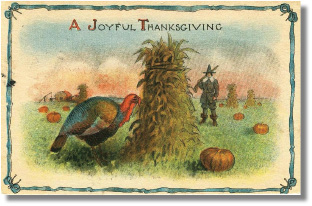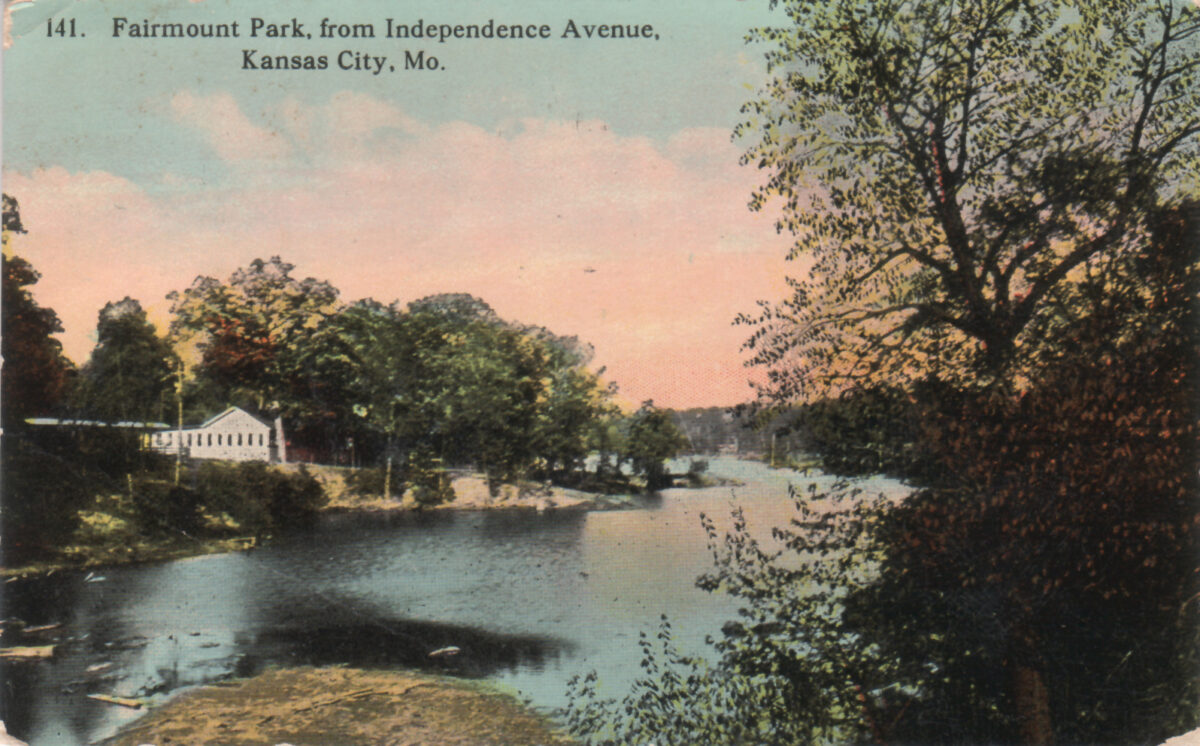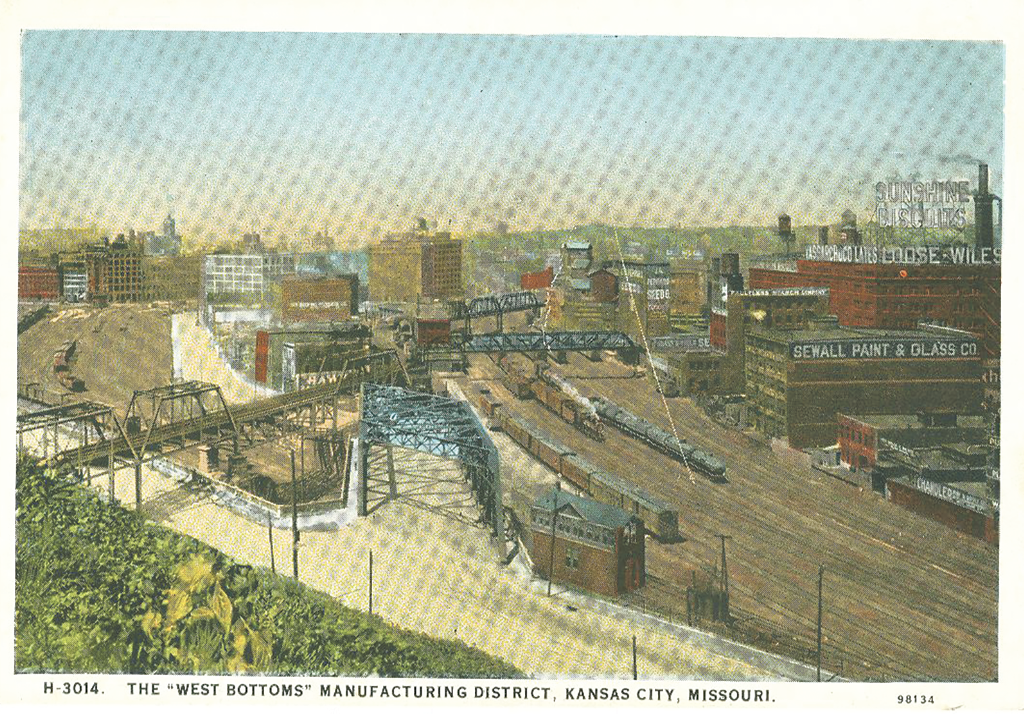
Thanksgiving, as an observed national holiday, had very humble beginnings in a tiny settlement bordering the Massachusetts Bay in the year following the arrival of the English settlers in 1620.
The previous winter had been extremely hard, claiming many lives in the colony. The settlers held a fall celebration to give thanks for a bountiful harvest that would ultimately get them through the upcoming dead season.
The colonists, along with the Wampanoag Indians, dined on a menu that included wild fowl, venison, seafood, squash and corn. Following a second thanksgiving in 1623, the tradition that began in Plymouth spread to other New England colonies, leading to a day of thanksgiving being set aside annually to give thanks for the harvest.
During the American Revolution, the Continental Congress appointed one or more thanksgiving days each year of the war with the exception of 1777 when General George Washington declared the holiday in December as a victory celebration for the defeat of the British at Saratoga.
Washington later issued announced days of thanksgiving in 1792 and 1795, this time as the newly elected president of the United States.
However, it was not until another war ravaged the United States that Thanksgiving Day was officially proclaimed as a national holiday. Influenced by an unending stream of letters from Sarah Josepha Hale, President Abraham Lincoln issued a proclamation in October of 1863, officially designating the last Thursday in November as a nationally recognized Thanksgiving Day. Hale’s campaign lasted over 40 years and consisted of tirelessly lobbying of her elected representatives as well as thousands of letters sent to American presidents as far back as Andrew Jackson. During the Franklin Roosevelt administration, the holiday was re-designated to the fourth Thursday in November after much lobbying by the country’s business community.
This year’s Thanksgiving postcard was sent to Miss Cora Nichols of Nunica, Mich., on Nov. 23, 1915. The message reads: “Dearest friend, I am just going to write a few lines today dear as I am busy with my work and crochet whenever I get the chance. I hope you may have a pleasant time Thanksgiving Day. I expect to spend it at home. Come to see me next time you are in Grand Haven. Give my regards to Mrs. Libby also. With love to you dear, I remain your dear friend, Ella.”

















